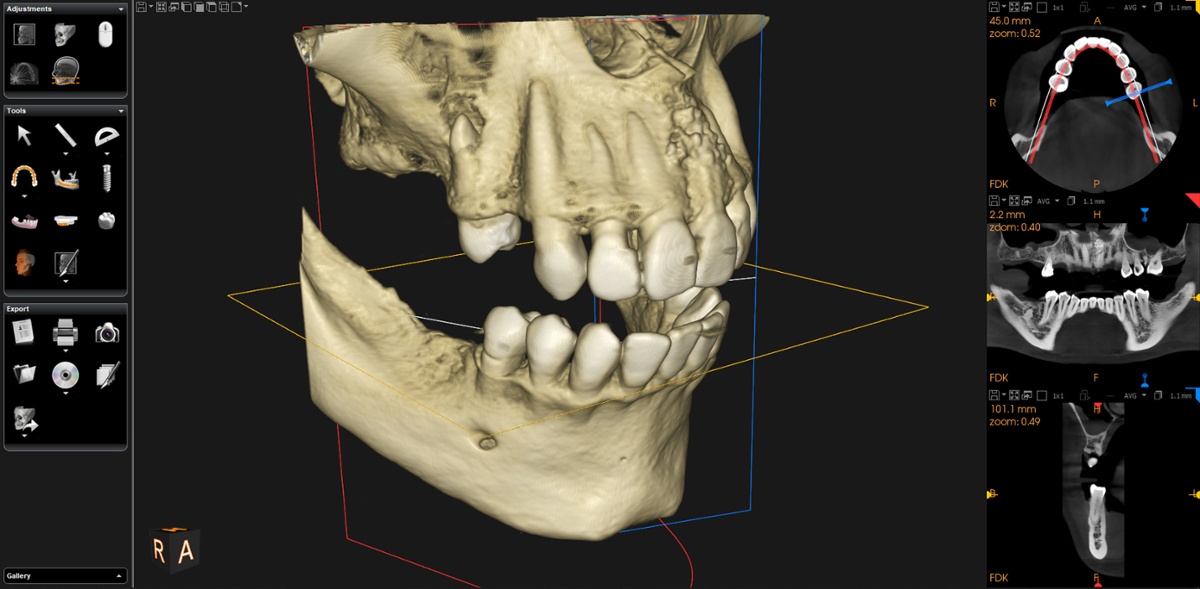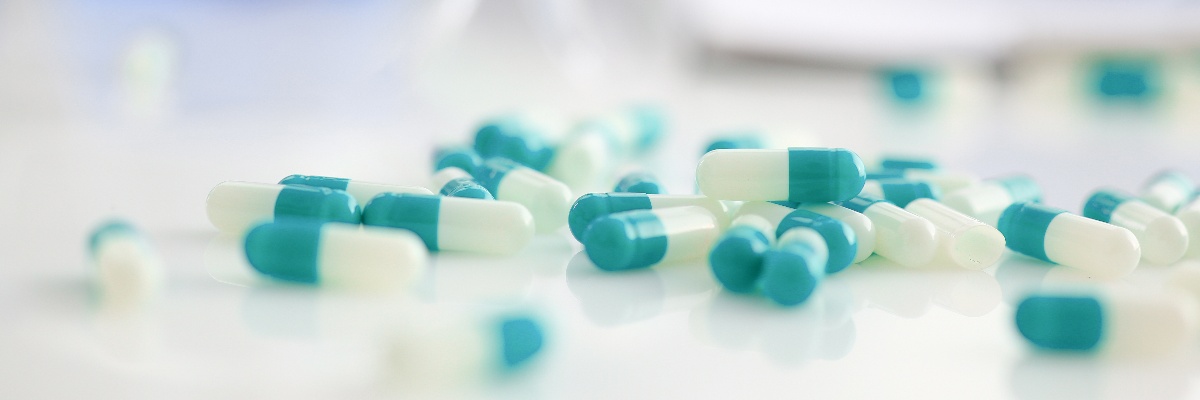Dry mouth, also known as xerostomia, is typically considered a feature of senior adulthood. However, researchers found that it also affects ten percent of people in their early thirties. They concluded that at any age, dry mouth significantly affects a person’s daily life. Fortunately, your dentist can help diagnose the cause and recommend treatment to manage your dry mouth symptoms.
What is Xerostomia?
Xerostomia is the technical name for dry mouth caused by diminished saliva. While it is a normal part of aging, many other factors can affect your salivary glands. As a result, you can develop significant problems that require various treatments to moisten your mouth and teeth.
The Importance of Saliva
For over two millennia, saliva has been used in diagnosing disease. Ancient Chinese medicine regarded saliva as the “brother” of blood in the human body. Even today, its thickness, smell, and a patient’s taste of their own saliva are considered symptoms of certain diseases.
People have three pairs of major salivary glands located in front of the ears (parotid), under the back of the lower jaw (submandibular), and under the tongue (sublingual). In addition, you have about one thousand minor glands scattered throughout your mouth, nasal cavity, throat, trachea, and lungs.
Saliva has many functions, such as:
- Oral hygiene. Saliva washes food debris away to keep your mouth clean. This is important in preventing tooth decay and gum disease. Saliva also contains an enzyme that breaks down bacterial cells and prevents the buildup of microbes that can harm oral tissues.
- Lubrication. Saliva lubricates the soft tissues in your mouth to prevent trauma when you eat or speak. Additionally, saliva binds to the food you chew to help them slide more easily down your esophagus.
- Taste. Saliva performs the essential function of dissolving food before you can taste it.
- Digestion. You begin digesting food as soon as it is in your mouth due to enzymes present in saliva. These enzymes include amylase, which breaks down complex carbohydrates, and lipase, which begins digesting fats consumed in your diet.
Causes of Dry Mouth
Everyone experiences a dry mouth occasionally. This is normal if you do not drink adequate water daily, participate in rigorous activities like running or cycling, or eat certain foods. Although this is usually no cause for concern, a persistent dry mouth without an apparent cause requires an evaluation to determine its cause.
Dry mouth is not a disease, but is a condition caused by an underlying problem. There are several possible causes, such as:
- A common side effect of many medications. The list is long and includes prescription and over-the-counter medications, such as antihistamines, decongestants, and drugs to treat high blood pressure, depression, cancer, and bladder problems.
- Radiation therapy. Radiation treatment of oral and throat cancers often damages salivary glands and leads to dry mouth.
- Sjögren's syndrome. Sjögren's syndrome's side effects include diminished tears and saliva production, leading to dry eyes and mouth.
- Diabetes mellitus. People with diabetes often have xerostomia due to dehydration or a side effect of medication.
- High blood pressure. Hypertension can cause your saliva to be more acidic and viscous. These changes can lead to poor quality and low saliva production.
- Coronavirus Disease-19. Retrospective studies show that xerostomia may be the only manifestation of someone’s COVID-19 infection.
- Other medical conditions. Alzheimer’s disease, hormonal imbalances, stroke, HIV/AIDS, and rheumatoid arthritis are among many medical conditions that can cause dry mouth.
- Mouth breathing. Mouth breathing dries the saliva that moistens your mouth while you sleep. Conditions that cause mouth breathing include nasal congestion, deviated septum, and enlarged tonsils or adenoids.
- Nerve damage. Head or neck injuries can damage the nerves to the salivary glands that control saliva production.
- Alcohol. As a diuretic, alcohol can cause dehydration quickly.
- Tobacco. Nicotine diminishes saliva flow and is made worse when combined with alcohol.
- Gender. Some studies show that dry mouth affects twice as many women as men.
Symptoms of Dry Mouth
Besides creating a dry feeling in your mouth, reduced salivary flow can cause other symptoms, including:
- Halitosis.
- Increased risk of tooth decay and gum disease.
- Dry, cracked lips.
- Sore throat.
- Difficulty swallowing, speaking, and chewing.
- Change in taste perception.
- Sticky feeling in the mouth.
- Oral infections.
- Persistent thirst.
- Rough feeling tongue.
- Problems wearing and functioning with dentures.
- Burning sensation in your mouth.
Problems Caused by Dry Mouth
IIn addition to the discomfort and other symptoms associated with xerostomia, more problems can develop. These include:
- Requiring extensive dental procedures, such as full mouth rehabilitation due to tooth decay.
- Diminished quality of life.
- Decrease in quality of sleep.
- Inadequate nutrition due to difficulty chewing and swallowing. Food is also not digested properly due to a lack of salivary enzymes.
Treatments for Dry Mouth
Dentists are especially interested in diagnosing the cause and managing dry mouth as quickly and thoroughly as possible to prevent tooth decay, which results rapidly from dry mouth. Increasing your saliva flow may require several steps to resolve the problem. These steps can include:
- Modifying any causative medications. This could include changing your medication or taking it in the morning instead of at night.
- Discussion with your physician or dentist about the possible use of prescription medication to stimulate your salivary glands to produce more saliva.
- Discussion with your dentist about the use of a saliva substitute product that would benefit you. These products replace your natural saliva without affecting your salivary glands.
- Staying hydrated by sipping water throughout the day.
- Minimizing caffeinated beverages.
- Abstaining from tobacco or alcohol.
- Sleeping with a humidifier at night.
- Using lip balm.
- Using oral health care products, such as toothpaste and mouthwash formulated to help with xerostomia. These will not contain alcohol, which tends to cause dry mouth.
- Consuming fewer spicy, acidic, and salty foods and drinks.
- Chewing gum with xylitol.
- Removing partial or complete dentures at night.
- Having regular dental check-ups.
Schedule an Appointment
The goal of Palmetto Dental Arts is your optimal oral health. Therefore, early diagnosis of conditions such as xerostomia, or dry mouth, is critical to our dental care. If you have persistent dry mouth, contact us online or call us to schedule an appointment for a complete oral exam.





